In Cold Blood (1967)
A masterclass in cinematography.
Presentation:
Conrad Hall delivers one of the best shot films of all time, which is astoundingly consistent from start to finish. The score also starts off with a bang, tastefully intriguing but not too distracting especially toward the later half. Every frame is a painting utilizing foreground, middle and background. Lighting is dramatic with noir aspects but a tasteful contrast ratio, deep focus anamorphic and most importantly the framing is perfectly proportioned. It’s no wonder this is one of Deakin’s favorite films. The image fidelity if you watch the Criterion version is also impeccable, you’d think it was made in this century if not recently. Without hyperbole, it frankly looks better than many films today simply because of how well each scene is framed and staged. Scott Wilson is a convincing psychopath and Robert Blake conveys complex instability. Their dialogue is cheeky but not too cartoonish and I believe elevates this true story into a cinematic experience. It’s incredible once you learn of the true events this film is based on, which becomes even more enticing once you discover Robert Blakes scandals, mirroring this performance. But the highlight is definitely the cinematography. Despite not even being flashy, the gorgeous visuals even become distracting making it hard to pay attention to the story. You’ll wonder why people don’t use this kind of lighting today. You could learn a lot about cinematography by just watching this film and dissecting every frame. You’ll be blown away right from the beginning sequence yielding frame after frame of beautiful shots.
Conclusion:
If you wanted to understand what cinematography is, look no further. This is the essence of it, lighting, framing and camera movement. This film isn’t as widely known especially since it is naturally overshadowed by Kubrick’s era, but for those that are a fan of Roger Deakins, you’ll see the similarities. If you know, you know. It’s not in your face, but gorgeously composed with restraint and clarity. The cinematography is so good, it completely changes my criteria for the older black and white classics. A must watch for any students of cinematography, it genuinely competes with films today.
Recommendations
The regretful trip down memory lane.
There’s only one way off Devil’s Island.
Noir sophistication at its finest.
Death gives the second half of life its meaning.
Musicals can indeed be cinematic.
I’m ready for my close up!










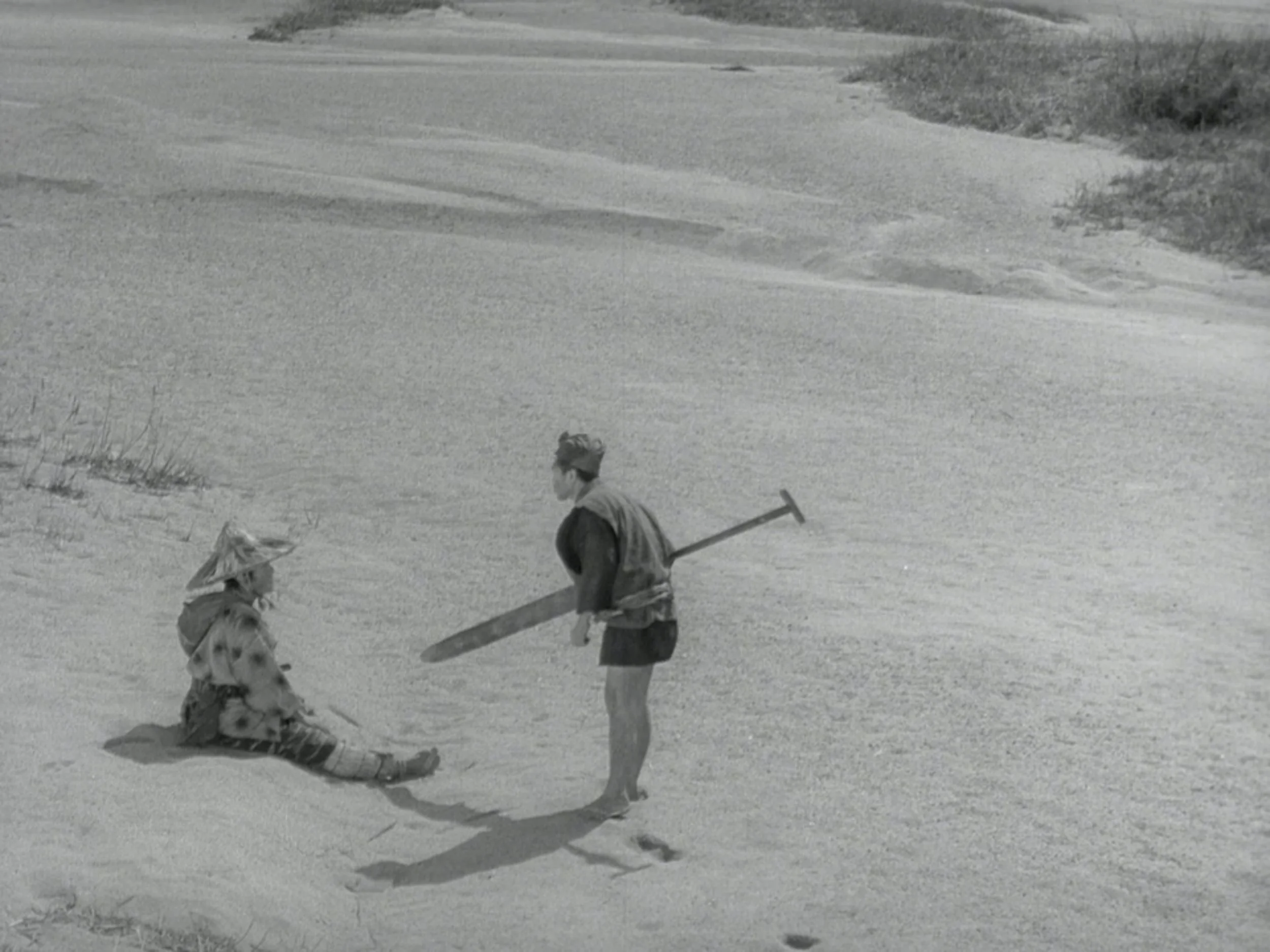
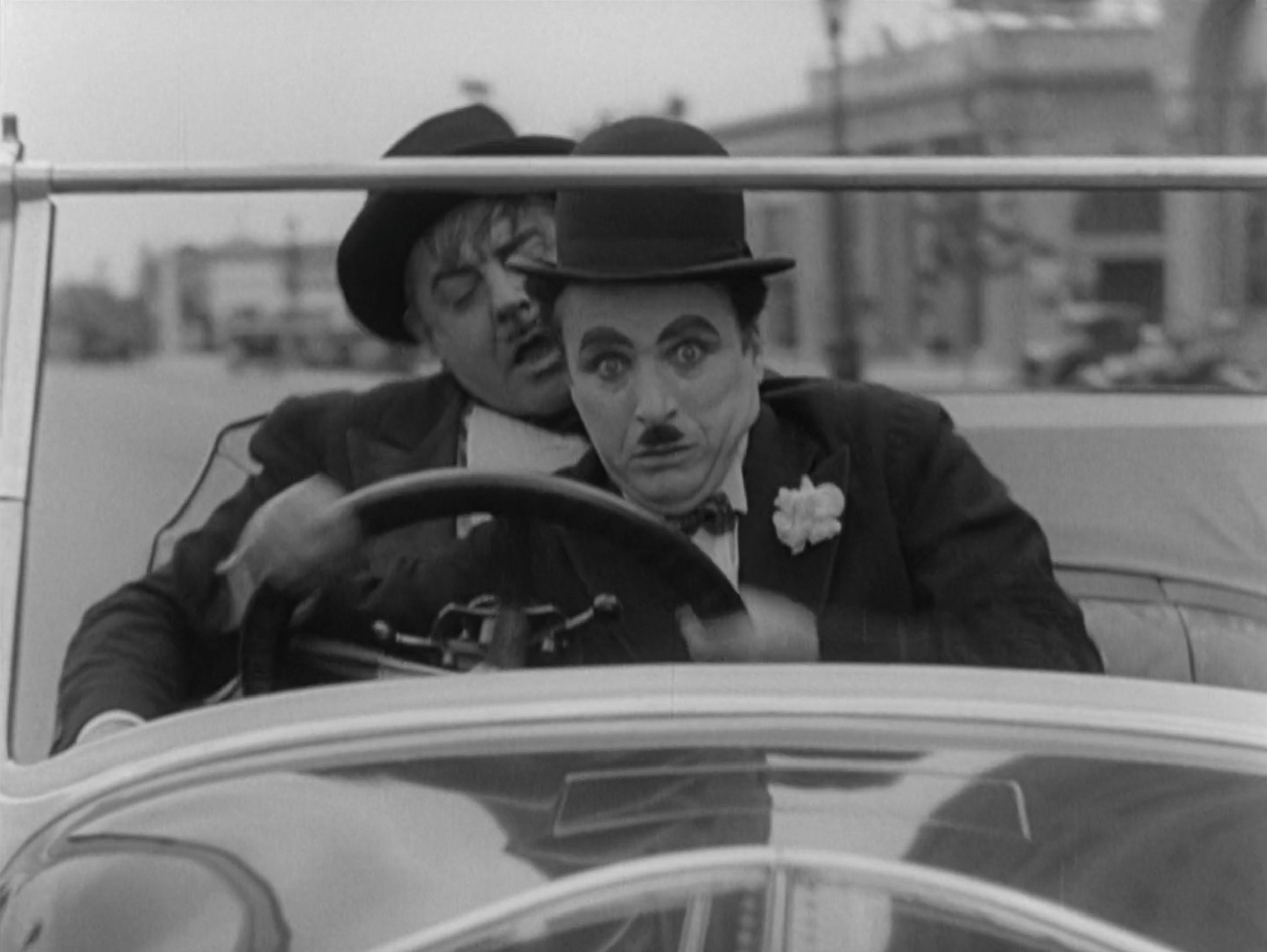
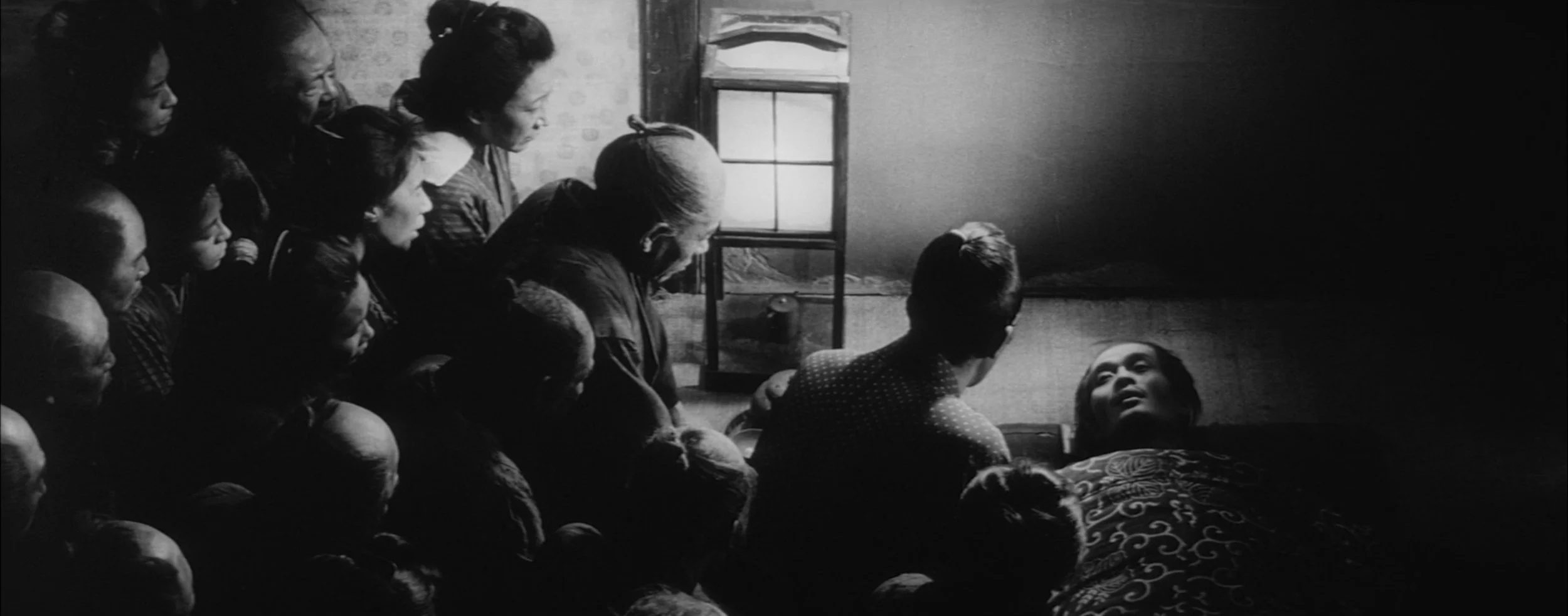
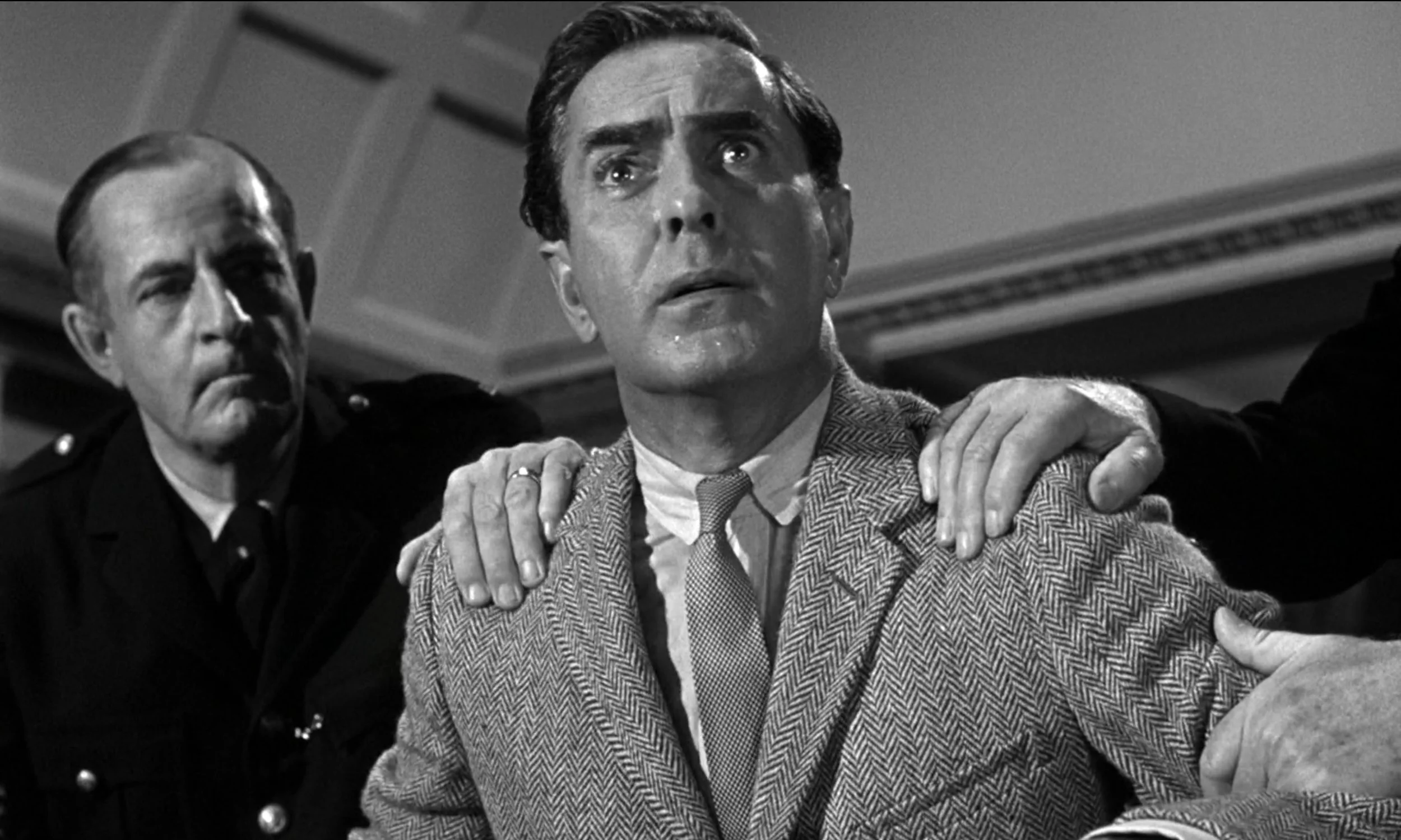
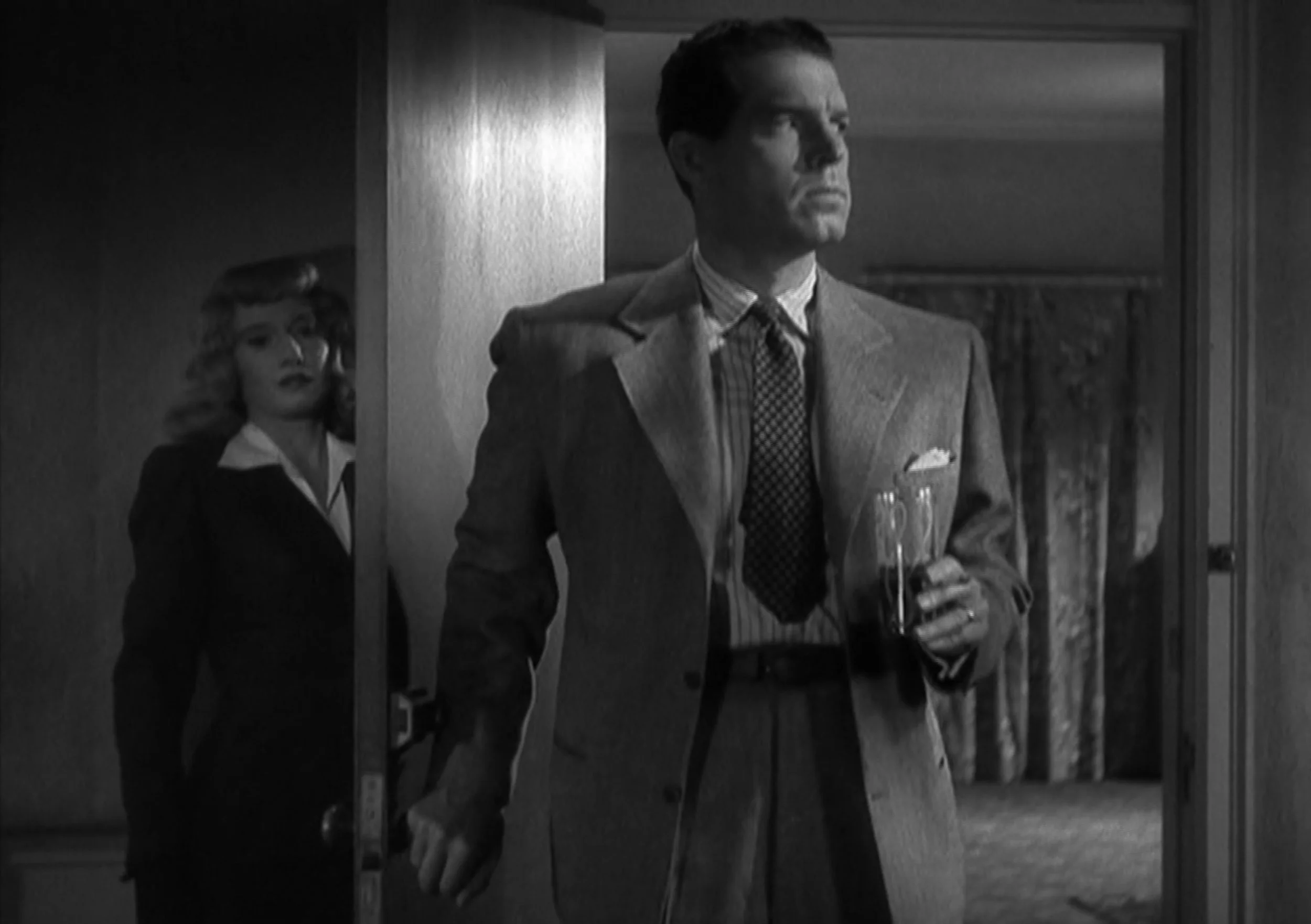
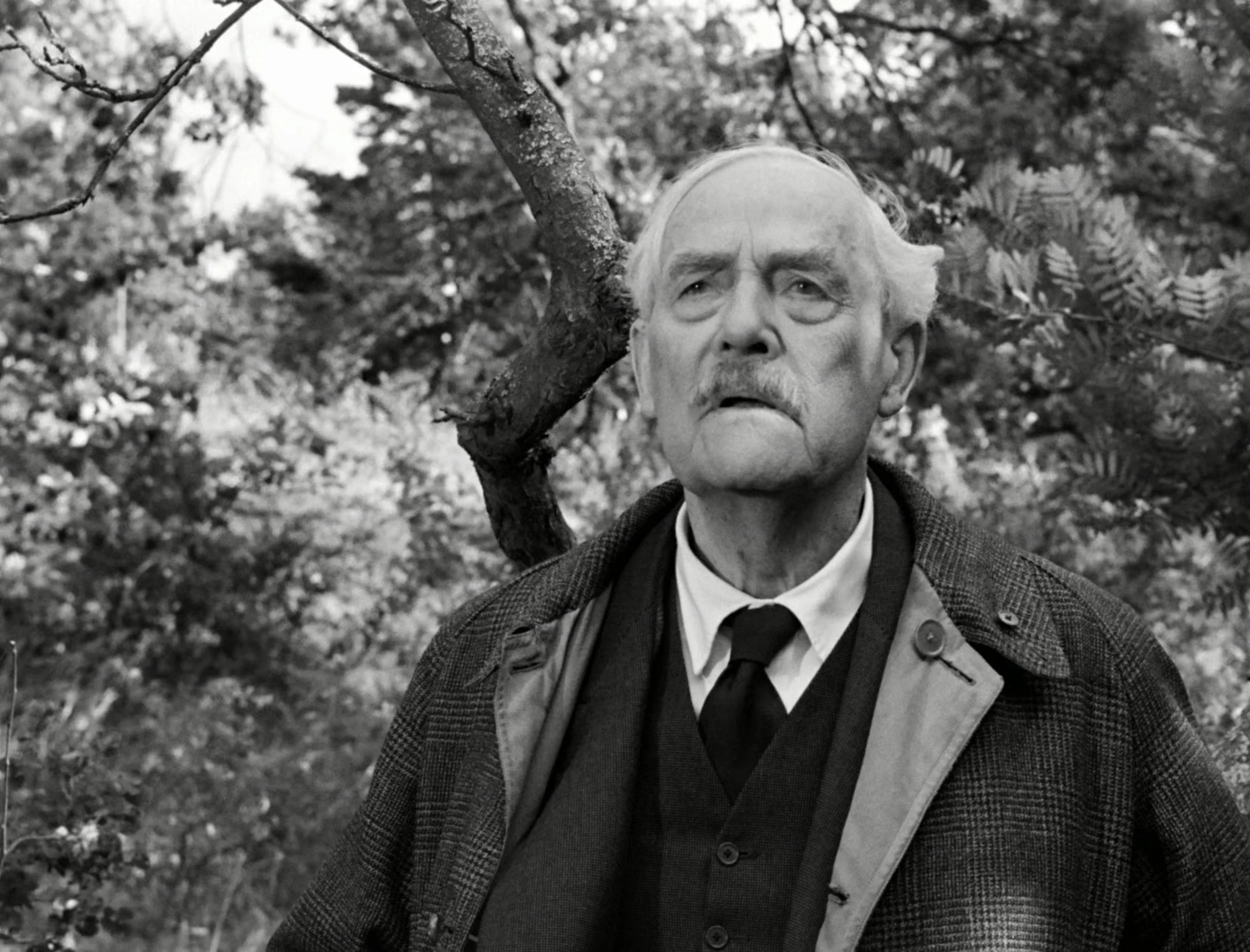
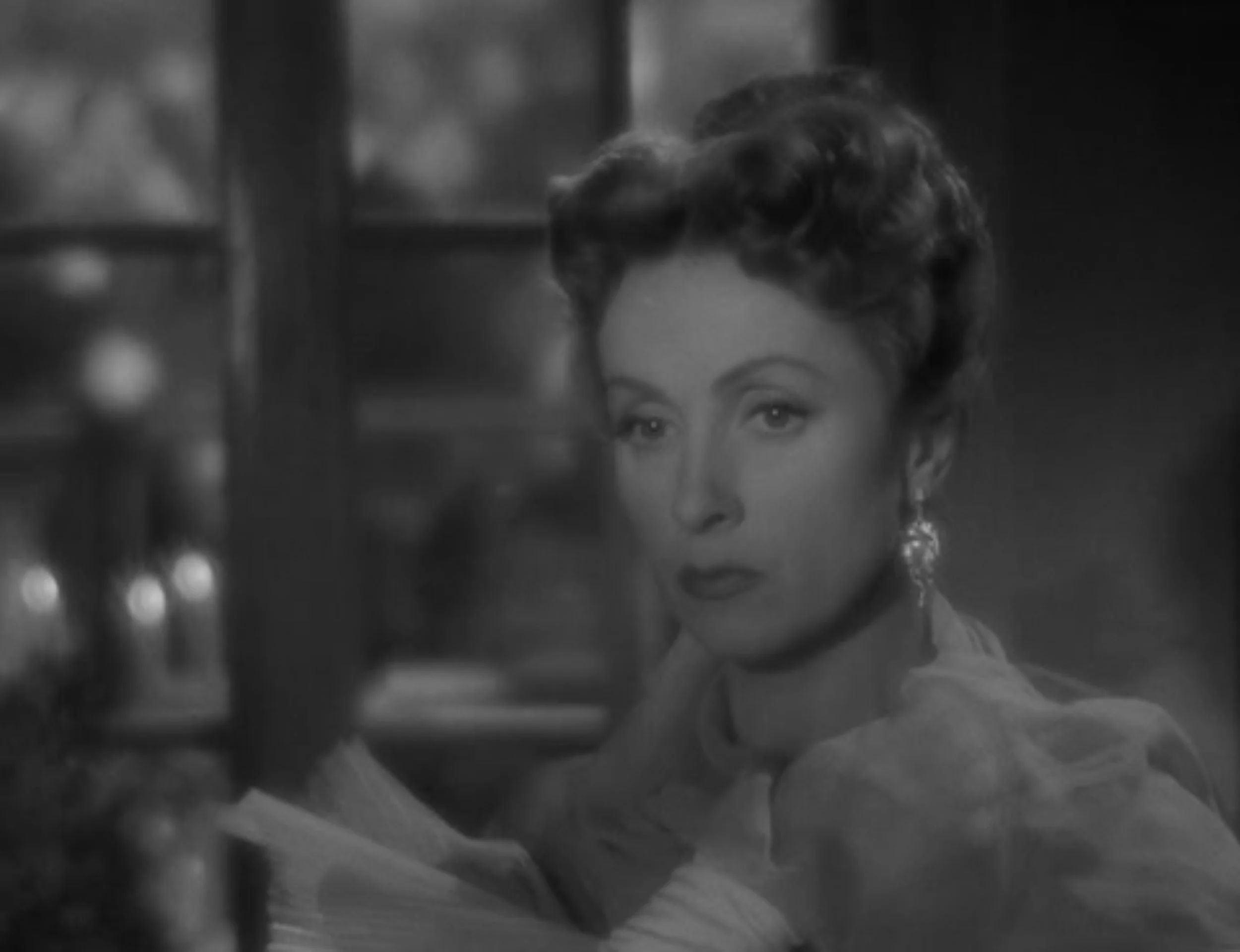
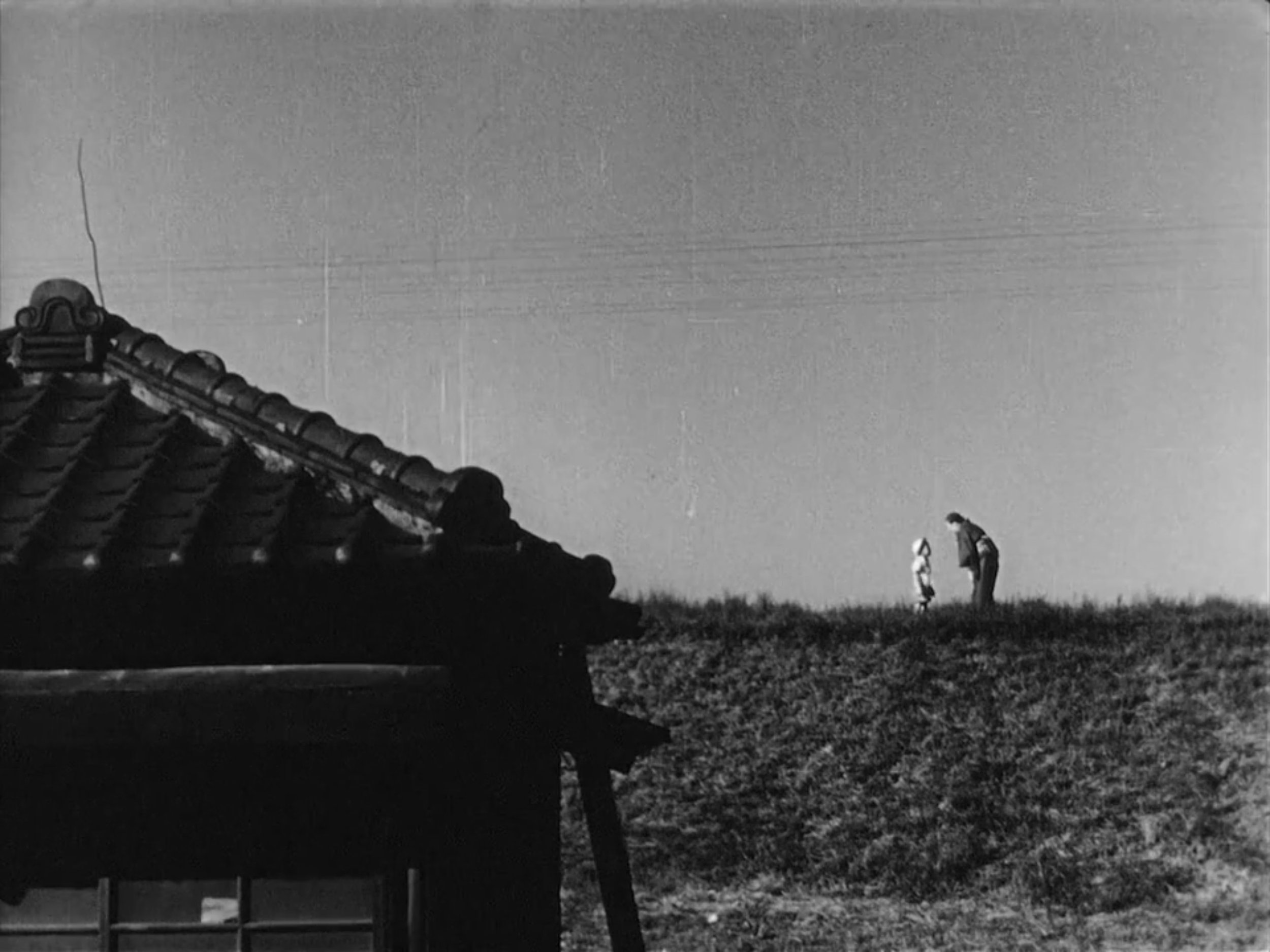
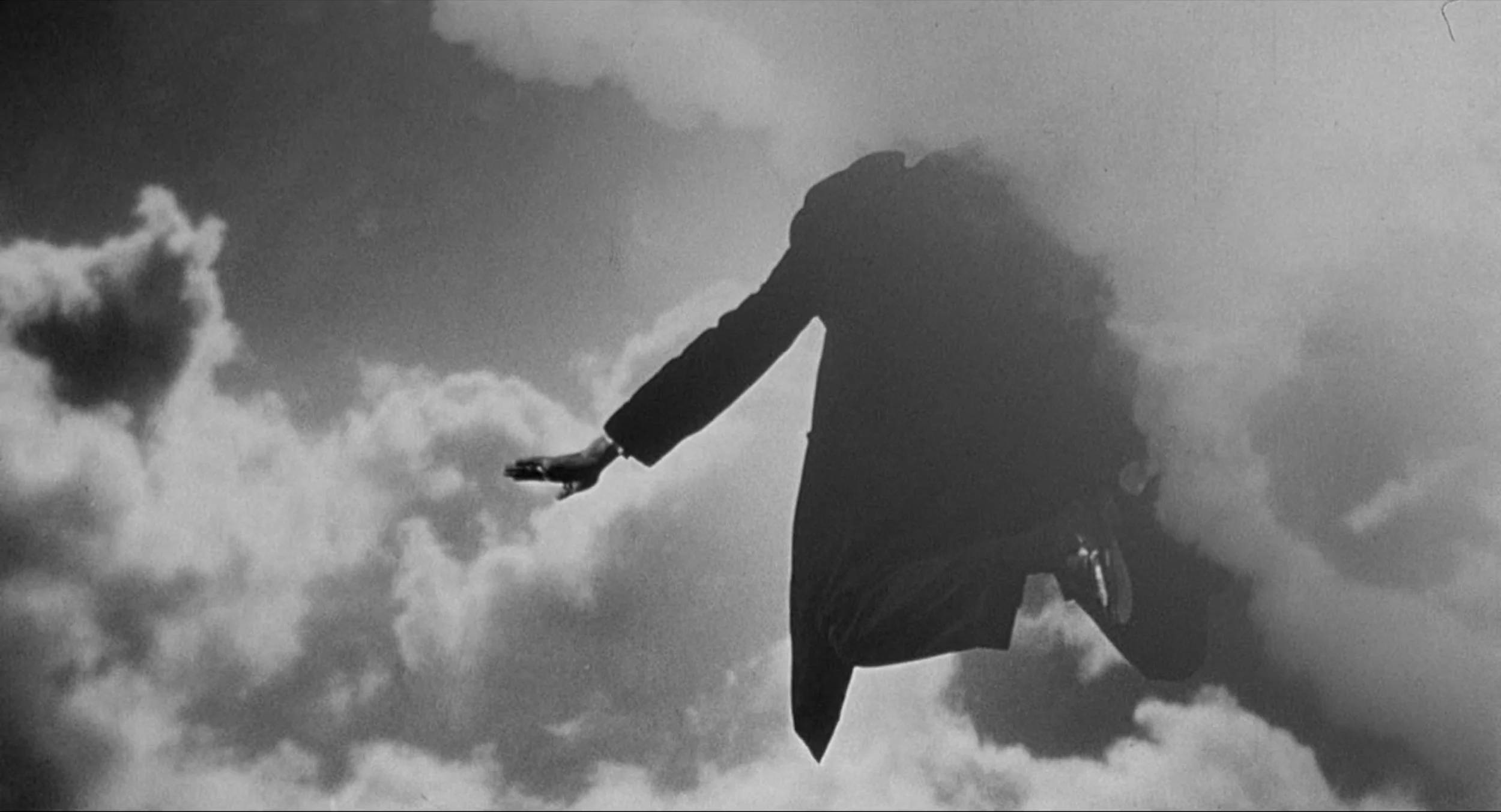
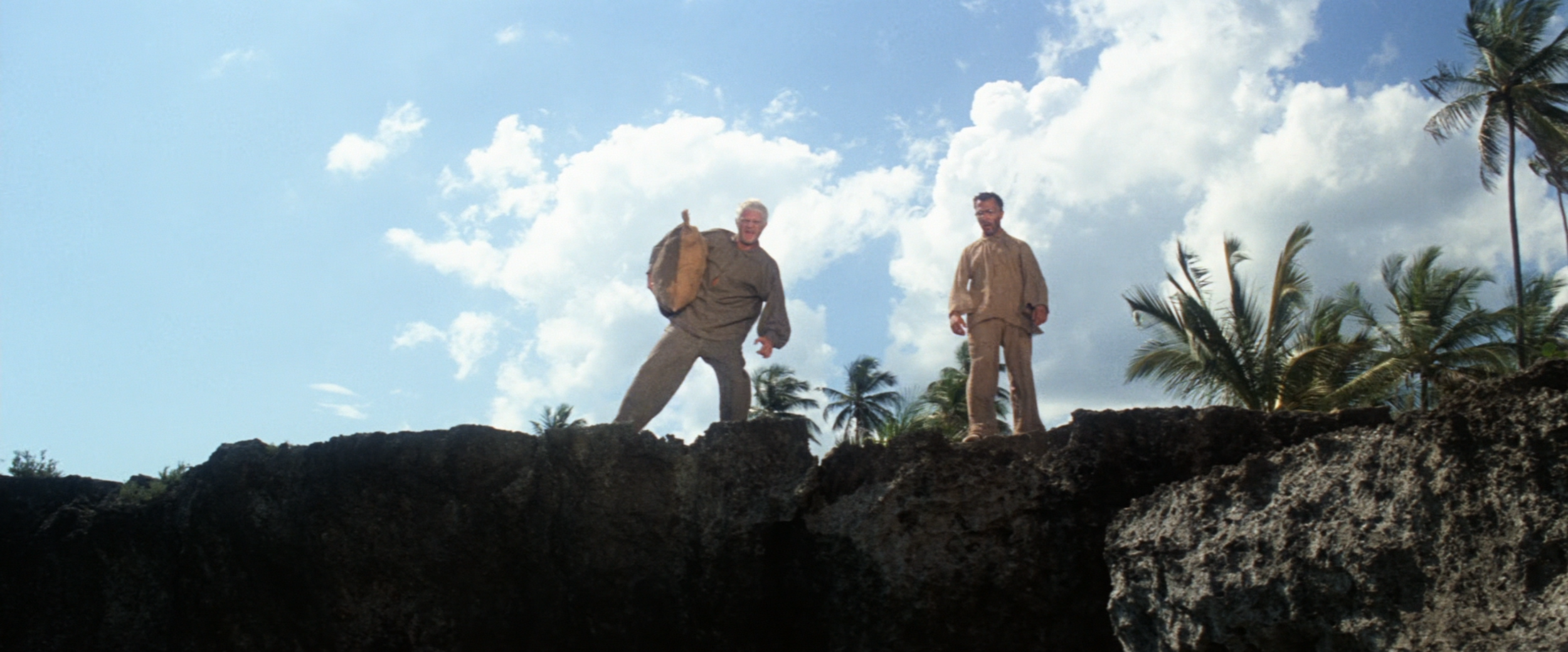
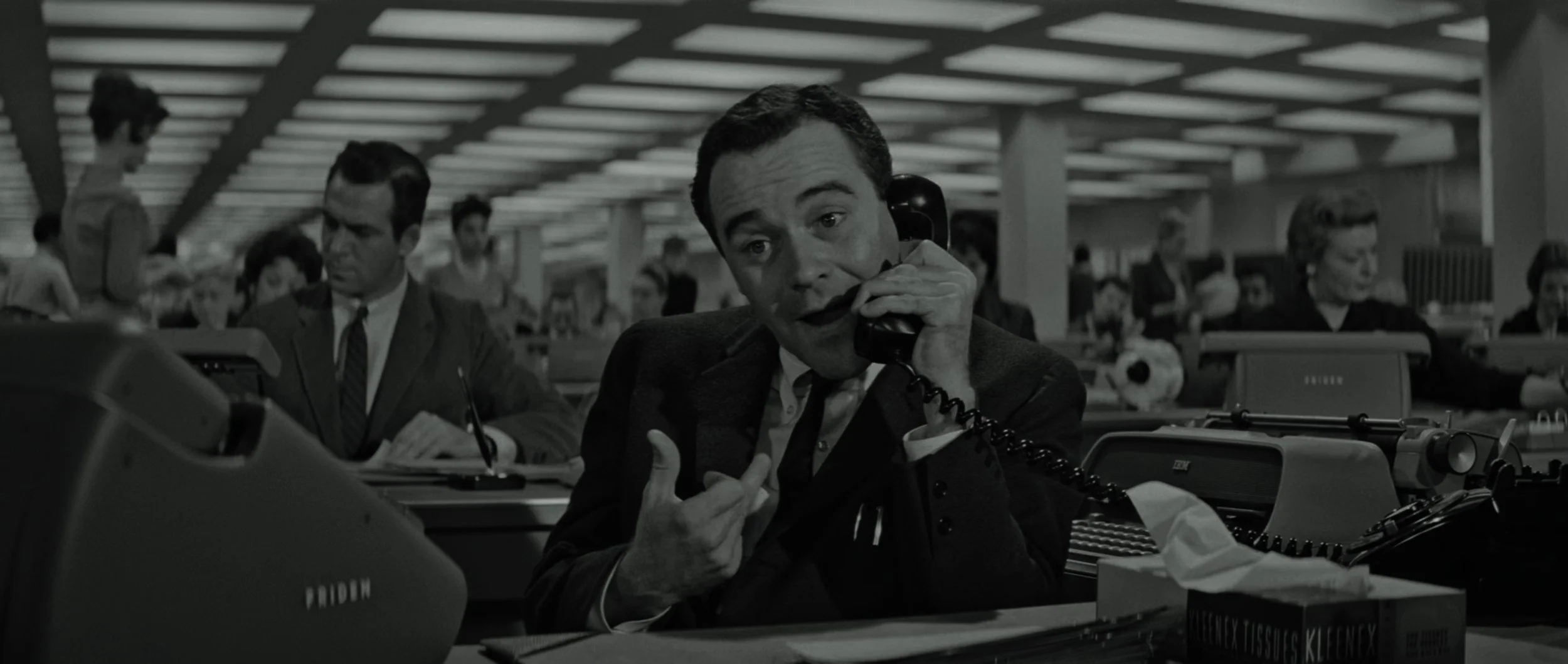


















When losing a bike loses everything.